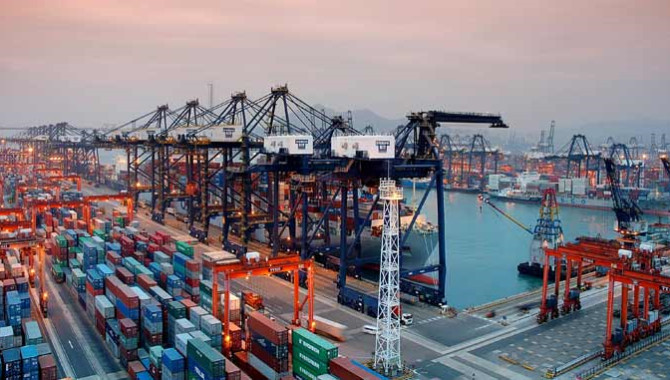
The ports of HPH Trust, witnessed a 1% decline in throughput for the first half of the year. A respectable growth in the number of boxes handled at Yantian International Container Terminal of 5% was dragged down by a 7% decline in throughput at HIT, Cosco-HIT and ACT at the Kwai Tsing terminals in Hong Kong.
HPH Trust’s net profit fell 8% or HK$73.8m to HK$820.4m. Operating profit saw a 1% increase (HK$8m) to HK$1.7bn.
Although outbound cargoes to the US continued to decline in the second quarter by 5%, the outbound cargoes to Europe increased by 7% compared to the same period last year. YICT’s throughput growth in the first half of the year has been mainly attributed to the increase in empty and transhipment cargoes, partially offset by the fall in US cargoes. The drop in HPHT Kwai Tsing’s throughput was mainly due to the decrease in intra-Asia and transhipment cargoes.
Looking ahead, HPH Trust said: “The global external environment continues to be challenging. Trade tensions between US and China have heightened in recent months with new tit-for-tat tariffs imposed in the second quarter of 2019. Trade protectionism, macro-economic and political uncertainties, including the slowing Chinese and EU economies and the yet-to-be-resolved Brexit from the EU, threaten the recovery of global trade.
“Outbound cargoes to the US remained weak in the second quarter of 2019 and it is expected to be volatile in the second half of 2019 as the US/China trade dispute continues. Given the uncertainties in the global trade outlook, HPH Trust management remains cautious about future cargo trends and will continue to adhere to cost discipline and efficiency improvements in order to face the challenges ahead.
“The financial performance of major shipping lines was mixed in the first quarter of 2019 with some still operating at a loss. Coupled with the uncertainties in the global trade outlook and the expected increase in the fuel cost from using low-sulphur fuel with effect from 1 January 2020 as required by the International Maritime Organisation, it is anticipated that shipping lines will continue to drive cost efficiencies and promote fleet and capacity optimization. The continued deployment of mega vessels will necessitate investment in port facilities and continuous process improvements by deep water port.”
It is too early to tell if the implementation of the Hong Kong Seaport Alliance – a joint venture functioning as a merger of the four terminal operators – Modern Terminals, HIT, Cosco-HIT, and ACT – which began implementation from 1 April, will be the panacea to the Port of Hong Kong’s woes. The Alliance has claimed that it is chasing 2m teu from its competitors by 2020.
Source:
hongkongmaritimehub
The opinions expressed herein are the author's and not necessarily those of The Xinde Marine News.
Please Contact Us at:
admin@xindemarine.com


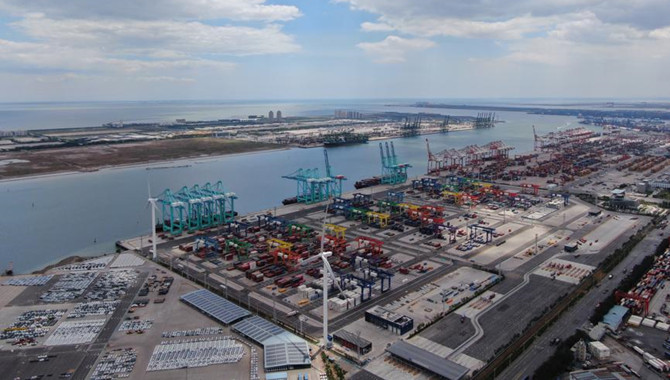 Tianjin Port container terminal goes high-tech
Tianjin Port container terminal goes high-tech 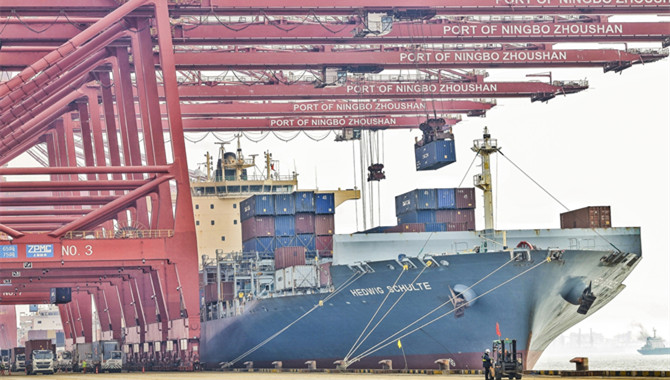 China's Zhoushan Port plays a booster for global tr
China's Zhoushan Port plays a booster for global tr 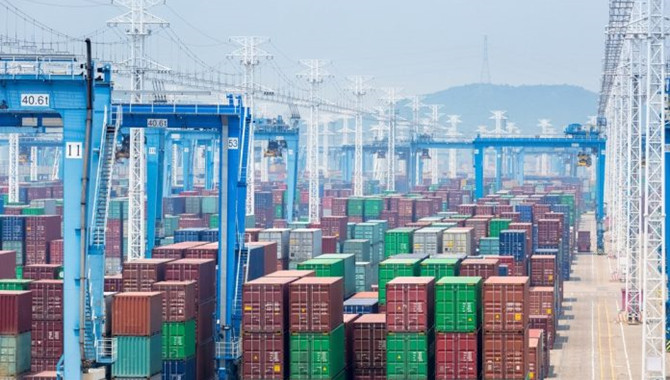 Ningbo Zhoushan hits 1 million TEU milestone in the
Ningbo Zhoushan hits 1 million TEU milestone in the 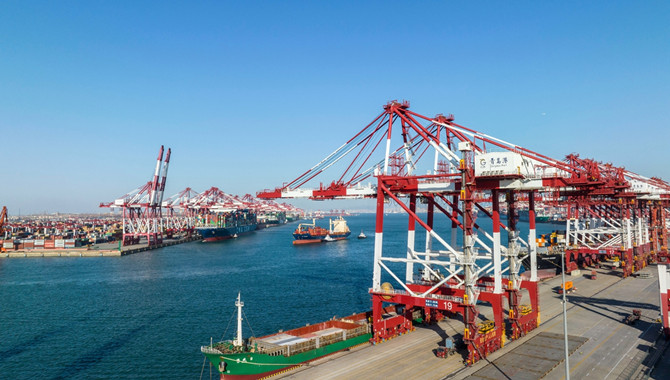 Shandong aims to build world-class ports cluster in
Shandong aims to build world-class ports cluster in 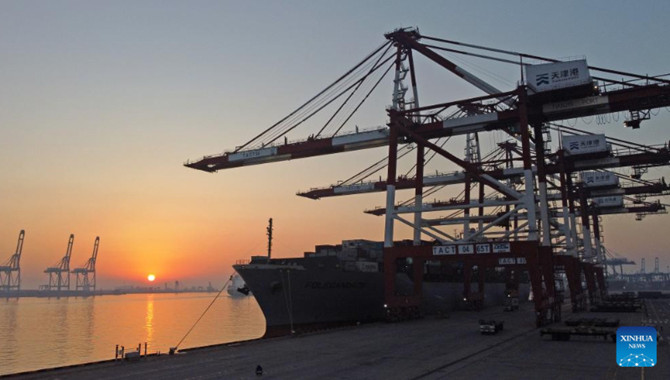 Tianjin Port sees container throughput expand 6.9%
Tianjin Port sees container throughput expand 6.9% 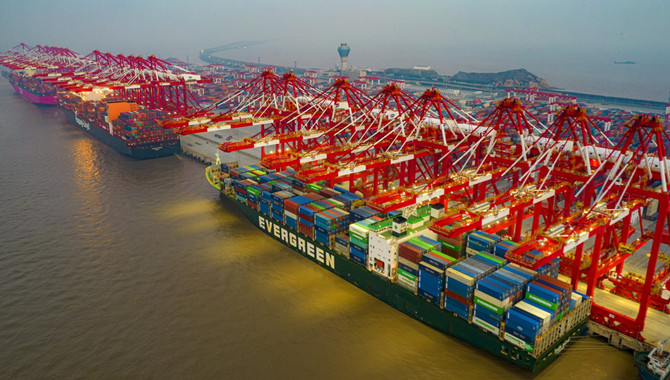 Sea ports renege quarantine, promote marine trade
Sea ports renege quarantine, promote marine trade